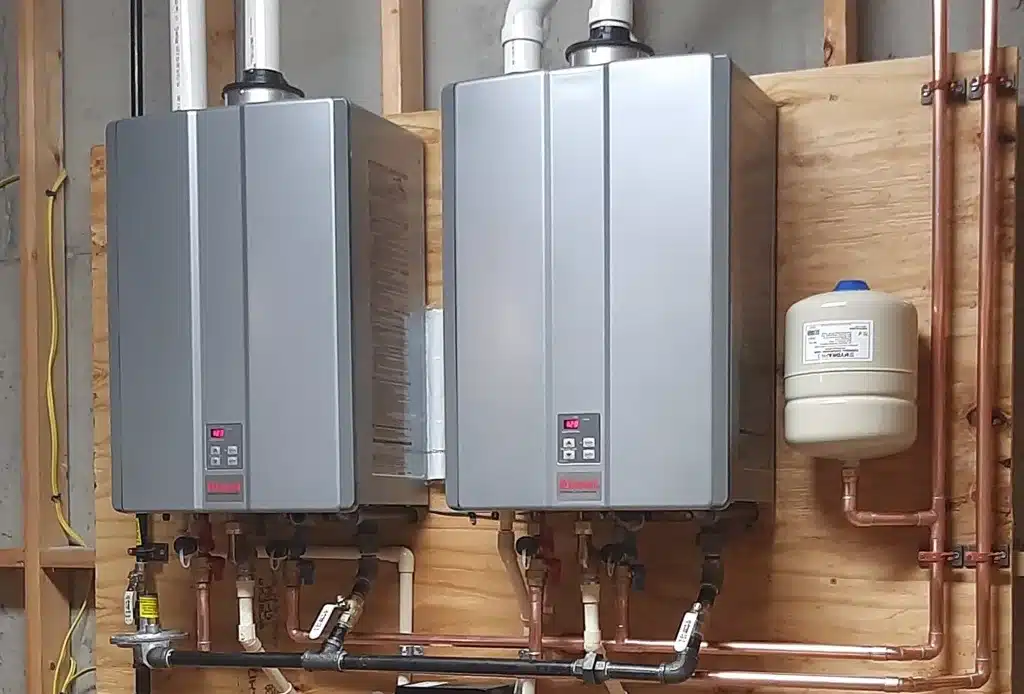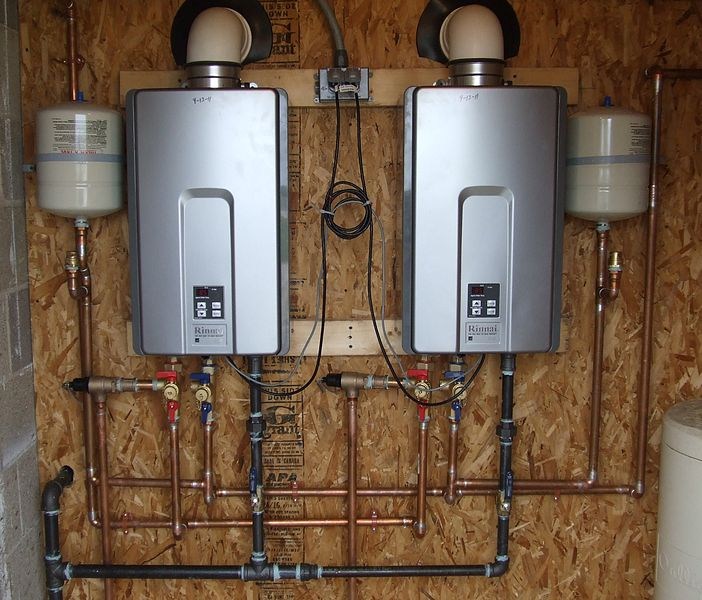Affordable Drain Cleaning Services to Remove Blockages and Unpleasant Smells
Affordable Drain Cleaning Services to Remove Blockages and Unpleasant Smells
Blog Article
Full Overview to Water HeaterInstallment and Replacement
Recognizing the intricacies of hot water heater setup and substitute is important for home owners seeking to ensure performance and reliability in their hot water supply. From selecting the proper kind and dimension to performing a seamless installment procedure, numerous elements need to be thought about to stay clear of common pitfalls. This overview will certainly supply you with the essential actions and understandings to browse the complexities of this home improvement task, while additionally highlighting important upkeep methods that can extend the life of your system. As you check out these facets, you may find yourself reassessing your present arrangement and determining areas for improvement.
Kinds Of Water Heating Units
When taking into consideration water heater installation and replacement, it is vital to recognize the different sorts of hot water heater readily available out there. One of the most common types include container water heaters, tankless water heating units, heatpump water heaters, and solar hot water heater.
Container water heaters are traditional systems that store a details volume of hot water, making them conveniently offered when needed. They are typically much less costly in advance but may incur higher energy expenses with time due to heat loss. On the other hand, tankless water heating units provide hot water on demand, getting rid of the demand for storage space. They are energy effective and can save room, but their initial costs are generally higher.
Heatpump water heating units make use of electricity to move warmth from the air or ground to warmth water, using significant power cost savings but calling for more room and particular installment problems. Solar water heating systems harness solar power to warm water, giving an eco-friendly alternative with prospective lasting cost savings, although they usually require a back-up system for over cast days.
Comprehending these alternatives makes certain informed decisions concerning installment and substitute, accommodating particular requirements and choices.
Choosing the Right Size
Selecting the suitable dimension for a water heater is important to ensure optimal performance and efficiency. A system that is also tiny will certainly have a hard time to fulfill house demands, leading to irregular warm water availability and boosted energy usage. Conversely, an oversized hot water heater can lead to unneeded power waste and higher energy bills.
To determine the best size, think about the household's height warm water usage. This can be computed based on the number of passengers and their normal warm water needs. A household of 4 may call for a water heater with a capacity of 50 to 80 gallons, depending on the use patterns, such as simultaneous showers and laundry.
Furthermore, evaluate the recovery price, which measures how quickly a heating system can replenish warm water after it has been utilized. For tankless versions, concentrate on the circulation rate, determined in gallons per min (GPM), to guarantee it fulfills the house's synchronised need.

Installation Refine Introduction

Following, the old unit has to be detached and eliminated, making sure to follow local codes and regulations regarding disposal. When the old device is out, the brand-new water heating unit can be placed in place. This step involves linking the water system lines, guaranteeing that all installations are leak-free and safe.
After developing water connections, it's vital to attach the power supply, whether electric or gas, complying with the supplier's directions thoroughly. As soon as all links are made, the system ought to be filled up with water, and the power can be transformed back on. It's essential to inspect for leakages and make certain the water heating system is operating properly prior to completing the installment procedure.
Common Installment Errors

One more constant blunder is neglecting to adhere to regional codes and laws. Falling short to stick to these wikipedia reference standards can not only lead to security risks yet may likewise result in expensive fines or the demand for expensive reinstallation.
Failing to secure links or using the wrong kind of fittings can lead to leaks and water damages. By staying clear of these common setup blunders, home owners can guarantee their water heating system operates securely and successfully, taking full advantage of performance and longevity.
Maintenance Tips for Durability
Correct upkeep of a water heater is essential for its longevity and ideal performance. Routine examinations and maintenance can stop pricey repair work and extend the appliance's life expectancy. Begin by checking the temperature setup; it should typically be established between 120 ° F and 140 ° F for optimal energy efficiency and security.
Every 6 months, purge the tank to remove sediment build-up, which can hinder home heating performance and create corrosion. To do this, switch off the heater, attach a hose pipe to the drainpipe shutoff, and allow the water run till it is clear.
Anode poles need to be examined yearly and replaced when they are corroded. These rods aid protect against container corrosion by attracting corrosive elements in the water.
Furthermore, inspect the stress alleviation valve regularly to ensure it is working appropriately. This valve is crucial for protecting against too much stress buildup within the tank.
Finally, consider setting up a professional upkeep check every few years for comprehensive examinations and maintenance. By adhering to these maintenance pointers, house owners can significantly boost the effectiveness, safety, and life-span of their hot water heater, ensuring trustworthy warm water for several years ahead.
Verdict
To conclude, correct installation and upkeep of water heaters are important for guaranteeing effectiveness and longevity (gas leak repair). Choosing the proper type and size, adhering to setup standards, and staying clear of common errors substantially add to optimal efficiency. Regular upkeep checks and expert maintenance assistance sustain functionality and prevent expensive repair work. By understanding these crucial aspects, home owners can accomplish a reliable warm water supply while lessening prospective issues connected to water heating system procedure.
Understanding the details of water heater installation and substitute is vital for home owners looking for to ensure performance and dependability in their warm water supply.Storage tank water heating systems are conventional systems that store a specific quantity of hot water, making them readily offered when required. In contrast, tankless water heating units give hot water on demand, getting rid of the demand for storage space. Choosing a water heating system that is either also tiny or as well large can lead to Check Out Your URL inadequacies, resulting in poor hot water supply or excessive power usage.
By comprehending these important elements, home owners can accomplish a reliable warm water supply while lessening potential concerns related to water heating unit operation. drain cleaning.
Report this page